More from the Review
Subscribe to our Newsletter
Best of The New York Review, plus books, events, and other items of interest
Advertisement
More from the Review
Subscribe to our Newsletter
Best of The New York Review, plus books, events, and other items of interest
H. Allen Orr is University Professor and Shirley Cox Kearns Professor of Biology at the University of Rochester. He is the author, with Jerry A. Coyne, of Speciation. (June 2016)
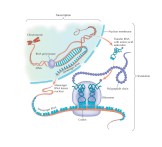
‘Life’s Greatest Secret’
A new book tells the story of one of the most transformative periods in the history of science
Life’s Greatest Secret: The Race to Crack the Genetic Code
by Matthew Cobb
June 9, 2016 issue

The Biology of Being Good to Others
Altruism may seem a good thing—unless you happen to be an evolutionary biologist
Does Altruism Exist?: Culture, Genes, and the Welfare of Others
by David Sloan Wilson
March 19, 2015 issue
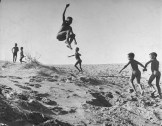
‘The Genetic Basis of Race’
A new book on genes and race starts with science then ventures into speculation
A Troublesome Inheritance: Genes, Race and Human History
by Nicholas Wade
June 5, 2014 issue
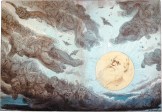
Awaiting a New Darwin
Thomas Nagel's 'Mind and Cosmos'
Mind and Cosmos: Why the Materialist Neo-Darwinian Conception of Nature Is Almost Certainly False
by Thomas Nagel
February 7, 2013 issue
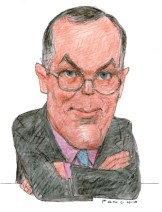
Fooled by Science
David Brooks's 'Social Animal'
The Social Animal: The Hidden Sources of Love, Character, and Achievement
by David Brooks
August 18, 2011 issue
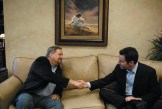
The Science of Right and Wrong
On Sam Harris’s The Moral Landscape
The Moral Landscape: How Science Can Determine Human Values
by Sam Harris
May 12, 2011 issue
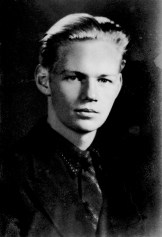
Is Goodness in Your Genes?
The Price of Altruism: George Price and the Search for the Origins of Kindness
by Oren Harman
October 14, 2010 issue
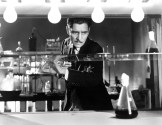
Which Scientist Can You Trust?
The Scientific Life: A Moral History of a Late Modern Vocation
by Steven Shapin
March 26, 2009 issue
A Religion for Darwinians?
Living with Darwin: Evolution, Design, and the Future of Faith
by Philip Kitcher
August 16, 2007 issue
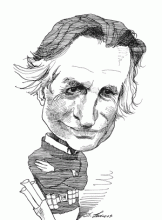
A Mission to Convert
The God Delusion
by Richard Dawkins
Six Impossible Things Before Breakfast: The Evolutionary Origins of Belief
by Lewis Wolpert
Evolution and Christian Faith: Reflections of an Evolutionary Biologist
by Joan Roughgarden
January 11, 2007 issue
Talking Genes
Before the Dawn: Recovering the Lost History of Our Ancestors
by Nicholas Wade
September 21, 2006 issue
Vive la Différence!
Adam's Curse: A Future Without Men
by Bryan Sykes
Y: The Descent of Men
by Steve Jones
The X in Sex: How the X Chromosome Controls Our Lives
By David Bainbridge
May 12, 2005 issue

A Passion for Evolution
A Devil's Chaplain: Reflections on Hope, Lies, Science, and Love
by Richard Dawkins
February 26, 2004 issue
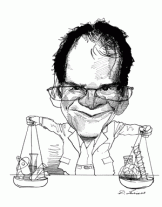
What’s Not in Your Genes
Nature via Nurture: Genes, Experience, and What Makes Us Human
by Matt Ridley
August 14, 2003 issue
Subscribe and save 50%!
Read the latest issue as soon as it’s available, and browse our rich archives. You'll have immediate subscriber-only access to over 1,200 issues and 25,000 articles published since 1963.
Subscribe now